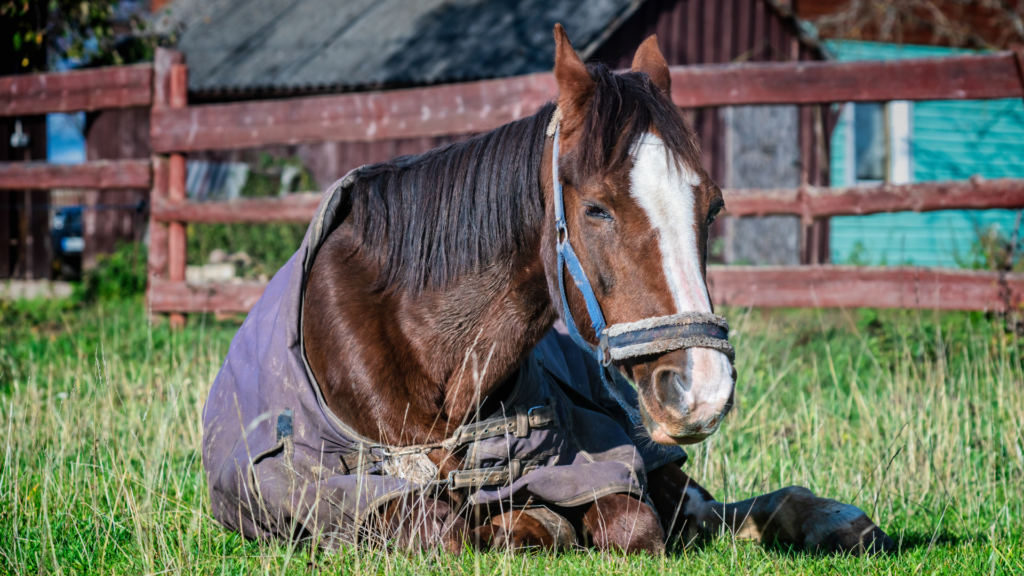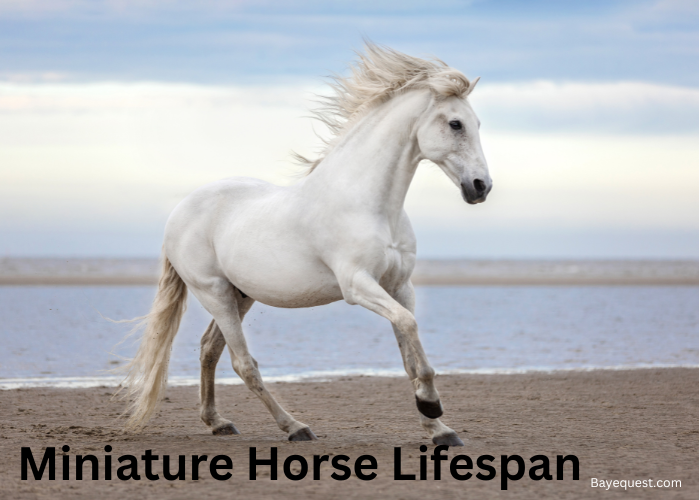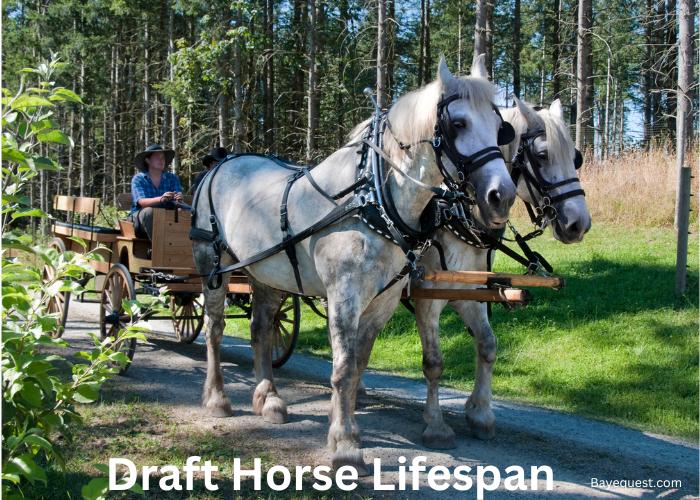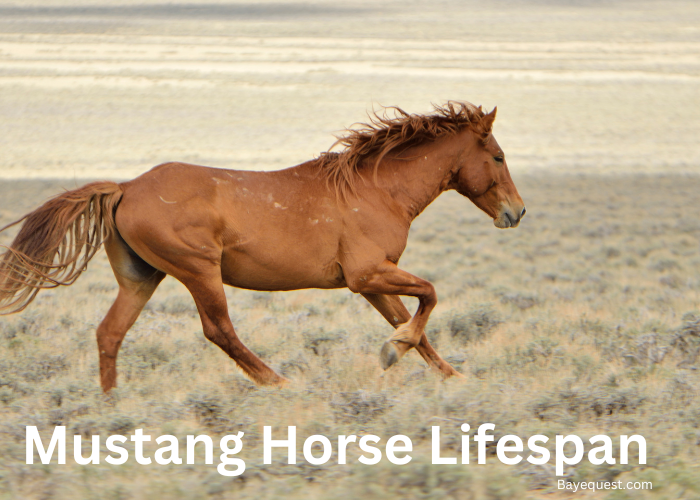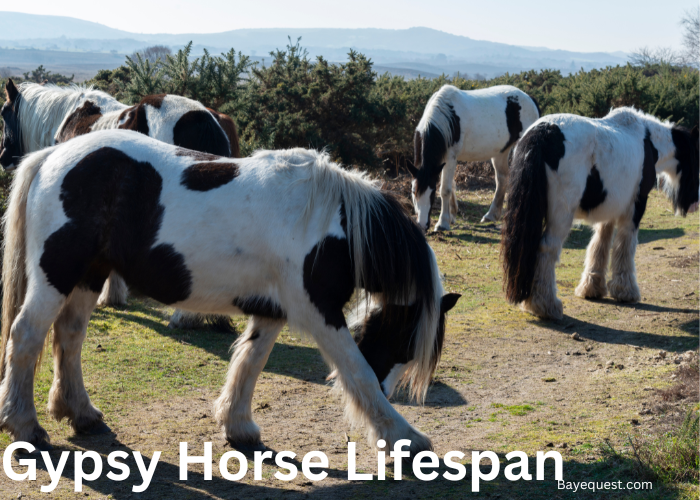Colic is a dreaded condition that horse owners fear the most. It’s a term used to describe abdominal pain in horses and can range from mild discomfort to a life-threatening emergency. Recognizing the warning signs and taking immediate action can make all the difference in saving your horse’s life.
1. Understanding Colic
Colic is a term used to describe severe abdominal pain in horses. Colic can have various underlying causes, including intestinal blockages, gas accumulation, dietary issues, parasites, and changes in exercise or management routines. Horses have a unique gastrointestinal tract that is susceptible to disruptions. Statistics show that a significant number of horses experience colic episodes each year.
2. Recognizing the Warning Signs
It can be challenging to distinguish between normal horse behavior and signs of colic. However, being aware of the following key indicators can help you identify when your horse may be experiencing a colic episode:
- Frequent side-glances: If your horse is frequently looking at their sides or flank area, it could be a sign of discomfort.
- Restlessness: Horses with colic may exhibit restlessness, pacing, or repeatedly lying down and getting up.
- Rolling: Excessive rolling or repeatedly attempting to roll can be a significant indicator of colic.
- Reduced manure output: Pay attention to your horse’s manure production. If there is little to no manure passing, it may indicate a digestive issue.
- Decreased appetite: Colic can cause horses to lose their appetite or show disinterest in food.
- Unusual behavior: Any unusual or abnormal behavior, such as pawing the ground, bloating, excessive sweating, distress, lethargy, or absence of gut sounds, should be taken seriously as potential signs of colic.
3. Taking Action
When faced with a potential colic episode, it is important to take appropriate action to ensure the well-being of your horse. Here are the steps to follow:
- Check vital signs: Take your horse’s temperature and check their heart rate, if possible. Listen for gut sounds by pressing your ear against their belly. These vital signs will provide valuable information to your veterinarian.
- Look for manure in the pen: Check if there are any fresh or newer piles of manure in your horse’s stall or area. The absence or reduction in manure production can indicate a potential colic episode.
- Contact your veterinarian: Even if you are unsure or the symptoms appear mild, it is essential to contact your veterinarian immediately. Colic can rapidly escalate, and professional guidance is crucial for proper diagnosis and treatment.
- Monitor your horse closely: Keep a close eye on your horse’s behavior and condition. Check on them regularly, at least every 15 to 20 minutes, to monitor any changes or worsening symptoms.
- Gentle walking: Walking your horse can help prevent them from lying down and rolling, which can be dangerous during a colic episode. Take your horse for gentle walks, ensuring they don’t become overly exhausted.
- Wait for veterinary advice on water: It is important to wait for your veterinarian’s guidance before offering water to your horse. They will assess the severity of the colic and advise you on when it is safe to reintroduce water.
- Ensure a safe environment: Keep your horse in a safe and contained area to prevent further injury or complications. Remove any potential hazards and provide a calm and stress-free environment.
- Prepare for transportation if necessary: In severe cases, your horse may require transportation to a veterinary facility. Ensure that your truck, trailer, and any necessary assistance are prepared and ready for potential transport.
4. Measures to prevent colics in horses
While colic cannot always be prevented, there are several measures you can take to minimize the risk:
- Provide a consistent and balanced diet: Feed your horse high-quality forage and concentrate appropriate for their age, breed, and activity level. Avoid sudden changes in feed or grazing conditions.
- Ensure access to fresh water: Clean, fresh water should be available at all times to prevent dehydration, which is a common contributor to colic.
- Implement a regular deworming program: Develop a strategic deworming schedule with guidance from your veterinarian to control internal parasites.
- Maintain proper dental care: Regular dental examinations and floating can help prevent dental issues that may contribute to colic.
- Manage stress levels: Minimize abrupt changes in routine, diet, or environment to reduce stress and anxiety in your horse.
Read also: Cast Horse Warning Signs.
Frequently asked questions:
1. Are certain horse breeds more prone to colic than others?
Colic can affect horses of any breed, age, or sex. However, certain factors, such as breed-specific dietary requirements or anatomical variations, may slightly increase the susceptibility of certain breeds to colic. It’s crucial to maintain good management practices regardless of breed to minimize the risk.
2. Are there any long-term effects or complications from colic episodes?
The long-term effects and complications of colic can vary depending on the severity and cause of the episode. Some horses may fully recover without any lasting issues, while others may develop recurring colic episodes or complications such as adhesions or intestinal damage. Timely veterinary intervention, proper management, and follow-up care are crucial in minimizing the potential for long-term complications.
3. Are there any specific weather conditions or environmental factors that increase the risk of colic?
Yes, certain weather conditions and environmental factors can contribute to an increased risk of colic. Rapid weather changes, extreme heat, inadequate hydration, changes in pasture or forage quality, and exposure to sand or dirt ingestion are known risk factors. During these conditions, it is essential to monitor your horse closely and ensure they have proper shelter, access to clean water, and appropriate grazing or feeding management.
4. What should I do if my horse experiences colic symptoms after regular veterinary hours?
If your horse experiences colic symptoms outside regular veterinary hours, it’s crucial to act promptly. Contact your veterinarian’s emergency contact number immediately. They will provide guidance on how to manage the situation and whether it requires immediate attention or if it can wait until regular hours. Follow their instructions and keep a close eye on your horse’s condition while awaiting further veterinary assistance.
If you suspect colic or have any concerns about your horse’s health, always consult with your veterinarian for accurate diagnosis and treatment recommendations. Together, we can work towards minimizing the impact of colic and promoting the overall welfare of our beloved horses.




